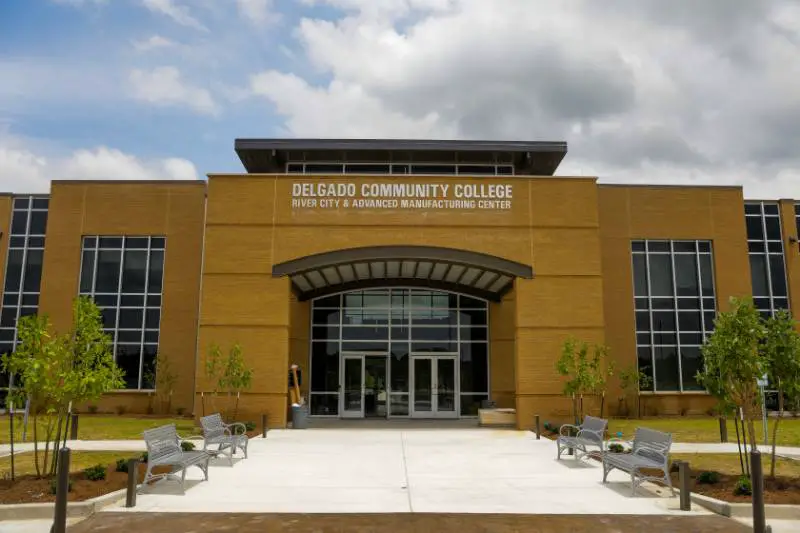The non-profit Education Design Lab is uniting four community colleges across the nation to improve graduation rates for single mothers.
The joint initiative, announced on Thursday, aims to test various strategies to increase college degree completion for single–mothers at the selected colleges.
Delgado Community College in Louisiana, Central New Mexico Community College, Monroe Community College in New York and Ivy Tech Community College in Indiana are the four institutions that will participate in the multi-year effort to improve graduation rates.
“The majority of today’s undergraduate students are parents or caregivers, adult learners, part-time students, and full-time workers. And single mothers, in particular, are not well served by the current system,” Marta Urquilla, chief program officer at the Education Design Lab, said.
“The institutions we have selected for this design challenge are working hard to change that. Each has already demonstrated a unique commitment to improving outcomes for single mothers. Together, they have the transformative potential to create and scale new models to reach more women and families across the country.”
According to a report by the Institute for Women’s Policy Research, only eight percent of single mothers who enroll in college receive an associate or bachelor’s degree within six years. 89 percent of single student mothers also have low incomes, increasing their chances of incurring student loan debt.
“Families led by single mothers in New Orleans experience poverty at a rate twice the national average. We know that low wages contribute to this inequality and Delgado Community College is committed to addressing this need,” Dr. William Wainwright, interim chancellor of Delgado Community College, said.
For the next two years, the selected colleges will design and implement various strategies in coordination with subject matter experts to improve graduation rates. After the completion of the design years, each college will launch a pilot project that will be supported by a one-time startup fund of $50,000 from the Lab.



